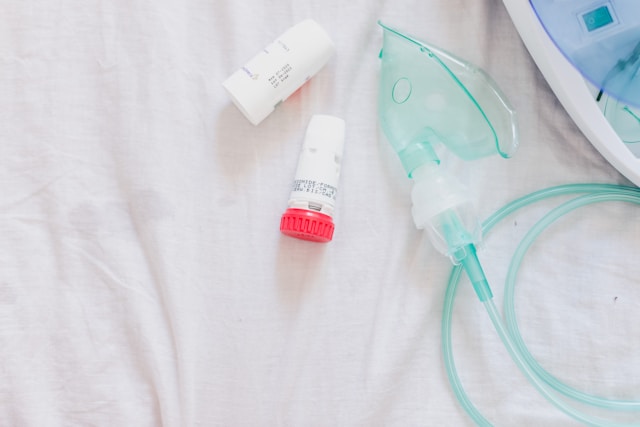New injections could revolutionise care for asthma and COPD patients, offering hope to millions
In a groundbreaking development, researchers have unveiled the first new treatment for asthma attacks in 50 years, providing a promising alternative to traditional steroids. The new therapy, called benralizumab, targets a type of white blood cell known as eosinophils, which play a key role in inflammation during asthma and chronic obstructive pulmonary disease (COPD) flare-ups.
Asthma and COPD are among the most common lung conditions globally, with millions suffering from life-threatening attacks each year. Currently, when a patient experiences an asthma attack that cannot be controlled by inhalers, they are prescribed a course of steroids. However, these treatments often fail, leading to hospitalisations and worsening symptoms.
Embed from Getty ImagesBenralizumab, which is already used for the most severe asthma cases, has shown significant promise in treating flare-ups. A study conducted at King’s College London, published in The Lancet Respiratory Medicine, tracked 158 patients who were given benralizumab after an attack. The results were striking: the treatment failed in only 45% of patients, compared to a 74% failure rate with steroids.
The research revealed that benralizumab reduced hospital admissions, the need for additional treatments, and even mortality rates. Patients also reported fewer symptoms and improved quality of life, leading Professor Mona Bafadhel, from King’s College, to call it a “game-changer” for asthma and COPD treatment.
“This is a revolutionary step forward. For the first time in five decades, we have a new approach to managing severe asthma attacks,” said Prof Bafadhel. “It could benefit up to two million people in the UK alone, making a real difference to their lives.”
Alison Spooner, 55, from Oxfordshire, who participated in the trial, shared her experience: “This is the nearest thing to a miracle for me. I’ve had asthma since childhood, and after receiving the injection, I felt drastically different. It’s given me back a sense of control.”
Benralizumab works by reducing eosinophils in the lungs, which are implicated in around half of all asthma attacks and a third of COPD flare-ups. In doing so, it prevents the inflammation that causes difficulty breathing, wheezing, and chest tightness. However, despite its promise, the drug is not yet ready for widespread use. A larger trial scheduled to begin in 2025 will evaluate its long-term effectiveness and cost-efficiency.
The treatment’s high cost remains a hurdle, as monoclonal antibodies like benralizumab can be expensive. Still, experts believe the potential benefits far outweigh the challenges. Dr. Sanjay Ramakrishnan from the University of Oxford described the results as showing “massive promise,” especially given that treatment options for COPD have largely remained stagnant for decades.
The new drug’s future looks bright, with further research needed to ensure it can be made available to a wider range of patients. If successful, benralizumab could become a cornerstone in the management of both asthma and COPD, drastically improving outcomes for millions
